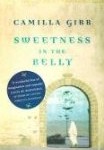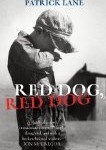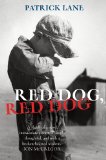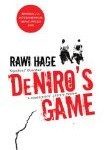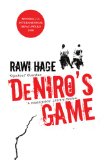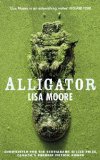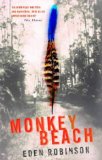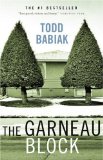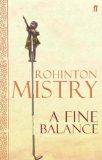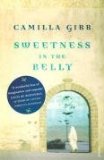
Finalist for the 2005 Giller Prize
I hadn’t heard of this book, but during a discussion on Canadian literature Claire recommended it and kindly lent me her copy. I’m so pleased that she brought it to my attention as it was a fantastic read.
Sweetness in the Belly is set in Ethiopia, Morocco and England. The main theme of the book is identity and what it means to be accepted in a community, but this book looks at things from a slightly different angle to other books on immigration.
The central character is Lilly, born to white British parents keen to explore the world. From birth Lilly travels the globe with them, but at the age of eight her parents are killed in Morocco, leaving Lilly to be brought up at a Sufi Shrine. This leads Lily to become a devout Muslim. Political unrest in Morocco forces her to leave the country as a teenager and so she heads for the Ethiopian holy city of Harar. She eventually finds a place for herself in this ancient walled city, but the start of Mengistu’s reign of terror leads her to return to London, a country that feels very alien to her.
It sounds as though I’ve just told you the whole plot, but we learn these facts quite quickly. The book flips forwards and backwards in time, showing us Lilly’s life in each country. It was fascinating to compare the traditions of each country and to learn a bit more about the terrible situation in 1970s Ethiopia. (I first learnt about of Mengistu’s reign of terror by reading Cutting for Stone earlier this year.)
“There is never anything about Ethiopia,” he laments as we watch the world morphing before our eyes. “It is as if it does not exist.”
“Ethiopia doesn’t matter to the West,” I say, stating the obvious. “We offer them nothing they can exploit.”
This has proved both a blessing and a curse. We can feel proud that Ethiopia resisted Europe’s colonial overtures, but then we have to accept that the country does not exist in the European imagination as anything but a starving, impoverished nation with just about the highest rates of infant mortality, the lowest average life expectancy and the lowest rates of literacy in the world. As a story of famine and refugees.
I loved Lilly’s character and was touched by the difficulties she faced. Sweetness in the Belly was easy to read, thought provoking and became gripping as it progressed.
I highly recommend this to anyone who loves epic tales of love and loss and those interested in cultural identity.
Have you read anything written by Camilla Gibb?
I loved this book and so plan to seek out as many of her books as I can.
Which ones do you recommend?
